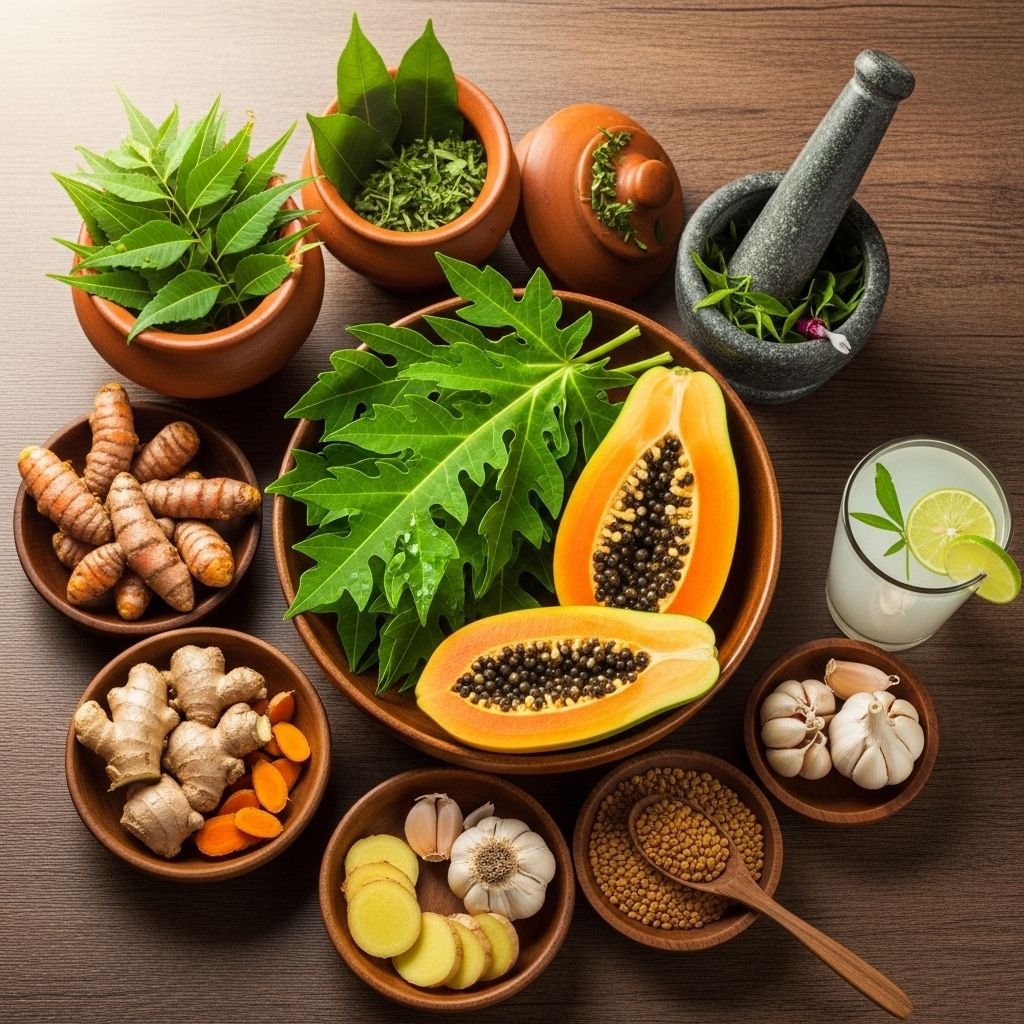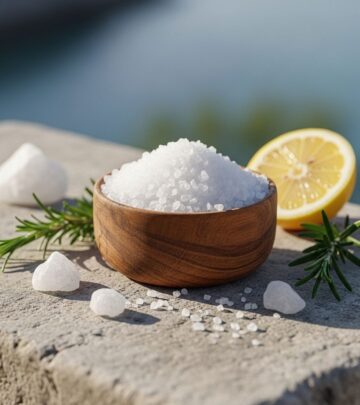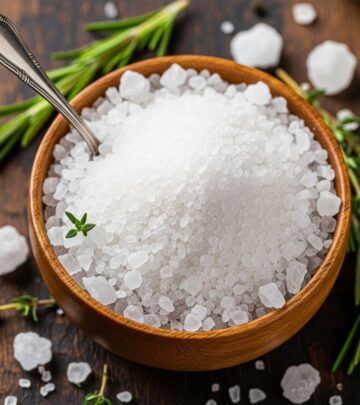Effective Home Remedies to Treat Dengue Fever Naturally
Traditional botanicals and simple dietary changes can ease symptoms and nurture healing.

Dengue fever is a mosquito-borne viral illness that can cause high fever, severe joint pain, rashes, and a dangerous drop in blood platelets. While medical intervention is crucial for severe cases, many individuals with mild symptoms can support their recovery and alleviate discomfort at home using a combination of traditional remedies, dietary changes, and careful monitoring. This article provides a comprehensive overview of the best home remedies for dengue fever, their benefits, and evidence-based tips for prevention.
Understanding Dengue Fever
Dengue is transmitted mainly by the Aedes aegypti mosquito. While there is no specific cure, management is focused on symptom relief and boosting immunity. The most common symptoms include:
- High fever
- Severe headaches
- Pain behind the eyes
- Muscle and joint pain
- Nausea and vomiting
- Skin rash
- Fatigue and weakness
Proper care is crucial, especially in moderate or severe cases with rapidly dropping platelet count or dehydration.
Natural Remedies to Support Dengue Recovery
Several natural remedies and lifestyle modifications can promote recovery, ease symptoms, and help restore blood platelet levels. These remedies should be combined with adequate rest and hydration.
Papaya Leaf Juice
Papaya leaf extract is widely known for its ability to increase platelet count and strengthen immunity. It contains vitamin C and powerful antioxidants:
- Crush and extract juice from fresh papaya leaves.
- Take 2 tablespoons twice daily for best results.
- This remedy is popular in many communities and supported by anecdotal reports. However, consult a physician before use, especially for children.
Neem Leaves
Neem leaves have long been valued in traditional medicine to stimulate immune function and support healthy blood cell counts:
- Boil neem leaves in water, strain, and consume the tea once daily.
- Neem may help increase both white blood cells and platelet levels, supporting recovery during dengue fever.
Kiwi Fruit and Juice
Kiwi provides essential nutrients like vitamin C, potassium, and antioxidants that combat fatigue and weakness commonly experienced in dengue:
- Eat fresh kiwi fruit daily or prepare kiwi juice for an easy-to-digest immune boost.
- Kiwi’s nutrients may help restore energy and support overall health during recovery.
Tulsi (Holy Basil) and Black Pepper
Tulsi and black pepper are traditional ingredients with strong antioxidant and anti-inflammatory properties:
- Add fresh tulsi leaves and a pinch of crushed black pepper to a cup of hot water. Let it steep and drink once or twice a day.
- This remedy may help modulate immunity and aid in viral elimination.
Turmeric
Turmeric contains curcumin, a compound proven to have immunomodulatory and anti-inflammatory actions:
- Add a pinch of turmeric powder to warm milk or mix into foods.
- Regular intake may accelerate healing and protect the body from infection.
Fluid Intake and Dietary Modifications
Dehydration is a serious risk in dengue due to high fever, vomiting, and loss of appetite. Physicians consistently recommend increasing fluid intake:
- Drink water, coconut water, fresh fruit juices, lemon water, soups, and barley water regularly.
- Isotonic drinks or oral rehydration solutions can help replace lost electrolytes.
- Avoid packaged or sugary beverages, which may worsen dehydration.
Light meals rich in nutrients, such as porridges, boiled vegetables, fruits, and clear soups, can provide energy and support recovery.
Guava Juice
Though less scientifically validated, some people use guava juice for its vitamin C content and hydration benefits, promoting immune health.
Other Traditional Remedies
- Certain communities use crabmeat soup, though there is little clinical evidence for its effectiveness.
- Milk, especially warm milk with turmeric, helps soothe the body and is easy to digest.
Managing Dengue Symptoms at Home
Effective symptom control is essential to ease discomfort and prevent complications:
- Rest: Prioritize bed rest and avoid strenuous activity to allow the body to fight the virus.
- Fever relief: Use acetaminophen (paracetamol) for fever and pain as directed. Avoid aspirin and ibuprofen, which can worsen bleeding issues.
- Cooling techniques: Sponge the skin with cool water to reduce fever.
- Monitor for dehydration: Watch for signs such as dry mouth, sunken eyes, infrequent urination, and persistent thirst. If severe dehydration occurs, seek medical care immediately.
Dengue Prevention Techniques
Preventing dengue is vital, especially in endemic areas or during outbreaks. Follow these proven strategies:
- Destroy Mosquito Habitats: Remove stagnant water from containers, flowerpots, tires, and other objects where mosquitoes breed.
- Grow Mosquito-Repellent Plants: Plant tulsi, lemongrass, neem, and eucalyptus to naturally deter mosquitoes from your home environment.
- Use Mosquito Repellents: Apply creams, sprays, repellent bands, wipes, or patches to exposed skin, especially when outdoors.
- Stay Indoors: Limit time outside during peak mosquito activity hours, particularly in areas with high mosquito prevalence.
- Protective Clothing: Wear long-sleeved shirts, trousers, and socks when possible to minimize skin exposure.
Being proactive and vigilant can greatly reduce your risk and your family’s risk of contracting dengue fever.
Cautions and When to Seek Medical Help
While home remedies may relieve mild symptoms, dengue can sometimes progress rapidly to severe and life-threatening complications. Seek immediate medical attention if you notice any of the following warning signs:
- Persistent vomiting or inability to retain fluids
- Severe abdominal pain
- Bleeding from the gums or nose
- Blood in vomit, stool, or urine
- Extreme fatigue, restlessness, or confusion
- Rapid breathing or irregular heartbeat
- Platelet count dropping below critical levels
Prompt medical intervention is crucial to prevent complications such as severe dehydration, shock, or organ dysfunction.
Frequently Asked Questions (FAQs)
Q: Can dengue fever be treated entirely at home?
A: Mild cases of dengue can often be managed at home with rest, hydration, and symptom control. However, severe cases require hospitalization and close monitoring.
Q: Is papaya leaf juice safe for children?
A: Papaya leaf juice has anecdotal support for increasing platelet count, but safety in children is not well established. Always consult your doctor before giving this remedy to children.
Q: What foods should be avoided during dengue fever?
A: Avoid oily, spicy, and processed foods, which can be difficult to digest and may worsen symptoms. Stick to simple, nutritious meals and fluids.
Q: Why should drugs like ibuprofen and aspirin be avoided?
A: These drugs can increase the risk of bleeding in dengue fever and are not recommended for symptom relief. Paracetamol is a safer alternative.
Q: How quickly can platelet counts recover with home remedies?
A: Platelet recovery varies by individual and the severity of infection. While certain remedies like papaya leaf juice may help, there is no guarantee of a rapid increase. Regular monitoring by a healthcare provider is essential.
Q: Are any herbal remedies harmful or risky in dengue?
A: Most commonly used herbal remedies are considered safe when consumed in moderation. However, self-medication without professional advice risks interactions or unwanted effects, especially in vulnerable groups like children and pregnant women.
Comparison Table: Home Remedies for Dengue Fever
| Remedy | Main Benefit | Preparation & Use | Key Nutrient/Effect |
|---|---|---|---|
| Papaya Leaf Juice | Boosts Platelet Count | Crushed leaves, juice taken twice daily | Vitamin C, antioxidants |
| Neem Leaf Tea | Immunity & Blood Support | Boiled leaves, strained and consumed | Bioactive compounds |
| Kiwi Juice | Reduces Fatigue | Fresh fruit or blended juice | Vitamin C, potassium |
| Tulsi & Black Pepper | Fights Viruses | Steep leaves and crushed pepper in hot water | Antioxidants |
| Turmeric Milk | Modulates Immunity | Add turmeric to warm milk daily | Curcumin |
| Fluid Intake | Prevents Dehydration | Water, coconut water, juices, soups | Electrolytes |
Key Takeaways
- Dengue fever is best prevented by minimizing mosquito exposure and destroying breeding habitats.
- Home remedies like papaya leaf juice, neem, kiwi, tulsi, turmeric, and increased fluids can support recovery in mild cases.
- Monitor hydration status and platelet count. Seek immediate medical care if severe symptoms develop.
- Consult your physician before administering any remedy, especially to children or vulnerable adults.
References
- World Health Organization (WHO) Dengue Fact Sheets
- CDC: Caring for a Family Member with Dengue
- ManipalCigna: Home Remedies for Dengue
- Research articles on traditional and dietary remedies
References
- https://www.manipalcigna.com/wellness/wellness-bites/family-health/how-to-manage-dengue-at-home-with-home-remedies
- https://pmc.ncbi.nlm.nih.gov/articles/PMC10168551/
- https://www.cdc.gov/dengue/resources/caring-for-a-family_dengue-p.pdf
- https://timesofindia.indiatimes.com/life-style/health-fitness/home-remedies/two-most-effective-alternate-treatment-plans-for-dengue/articleshow/70991759.cms
- https://www.health.harvard.edu/blog/dengue-fever-what-to-know-and-do-202407313062
- https://www.stylecraze.com/articles/home-remedies-to-cure-dengue-fever/
- https://www.stylecraze.com/articles/seasonal-diseases-and-precautions/
- https://en.wikipedia.org/wiki/Dengue_fever
- https://www.mayoclinic.org/diseases-conditions/dengue-fever/diagnosis-treatment/drc-20353084
Read full bio of Sneha Tete











